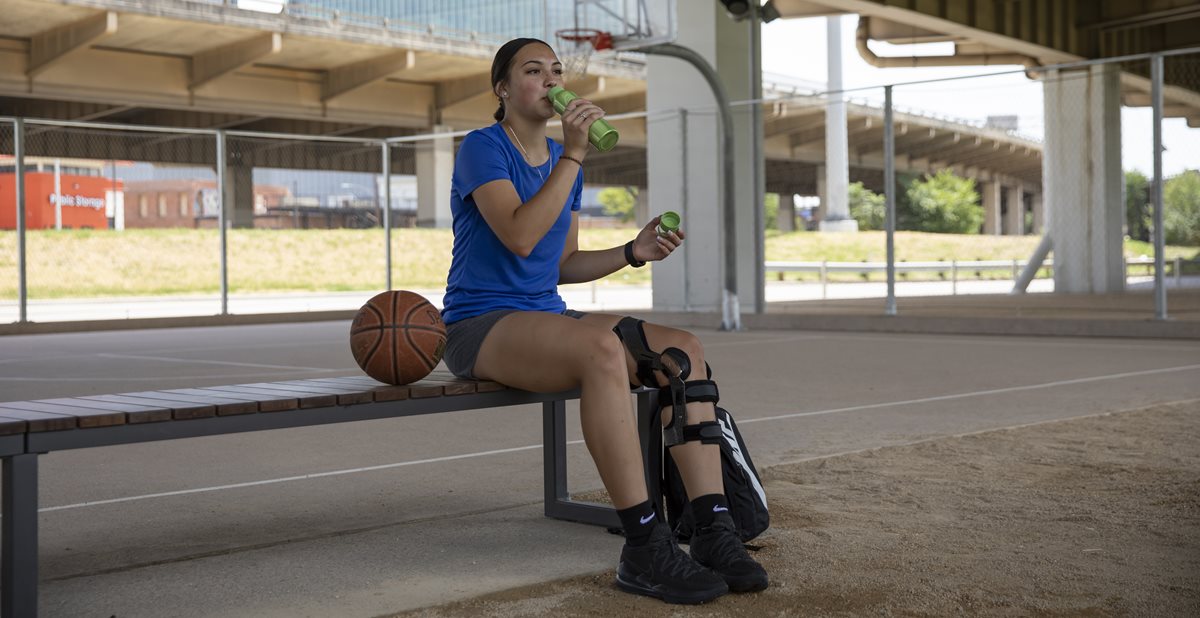
Sep 18, 2018 / Sports Medicine
#SRHaccess Facebook LIVE Recap: Quality of Sleep in Young Athletes
On this week’s Facebook live, sports medicine physician Jane S. Chung, M.D. joined us to explain why quality sleep is so important for young athletes. Dr. Chung specializes in sports medicine, sports concussions, female athlete triad and sports injury prevention at our Center for Excellence in Sports Medicine.
Watch the Facebook live.
What is your role in caring for young athletes?
Watch the Facebook live.
What is your role in caring for young athletes?
- Dr. Chung is a pediatric sports medicine physician. She treats athletes with sports-related injuries. Whether the injury is old or new, Dr. Chung strives to get athletes back to their sport as quickly and safely as possible.
- Two areas of research Dr. Chung focuses on includes:
- Looking at sleep and how it affects concussion recovery in young athletes.
- Stress fractures in young athletes and how it effects their recovery.
- Clinical interests include:
- Treating dance-related injuries (Dr. Chung was a dancer!) and injuries that are specific to the female athlete.
- Our new facility will have a multi-disciplinary care model providing all the services a young athlete needs, including:
- Movement science lab
- Physical therapy
- Occupational therapy
- Imaging facilities
- In this new facility, we are looking forward to developing more studies and programs to help keep young athletes healthy and on the field.
- The quality of sleep in a young athlete is very important for physical, cognitive, and mental well-being, as well as their athletic performance, injury and recovery. It is important for young athletes to have good sleep hygiene.
- At least 8–10 hours of sleep for adolescents (ages 13 to 18) and 9-12 hours of sleep in younger elementary school athletes (ages 6 to 12).
- Stay away from electronics at least 1-2 hours prior to bedtime.
- Set a routine. The 30-60 minutes prior to bedtime should be a time of relaxation.
- Stick with the routine. Having a consistent schedule with going to bed and waking up is key for young athletes to get the quality of sleep they need.
- Creating a calm, soothing environment is conductive in gaining a higher quality night of sleep.



